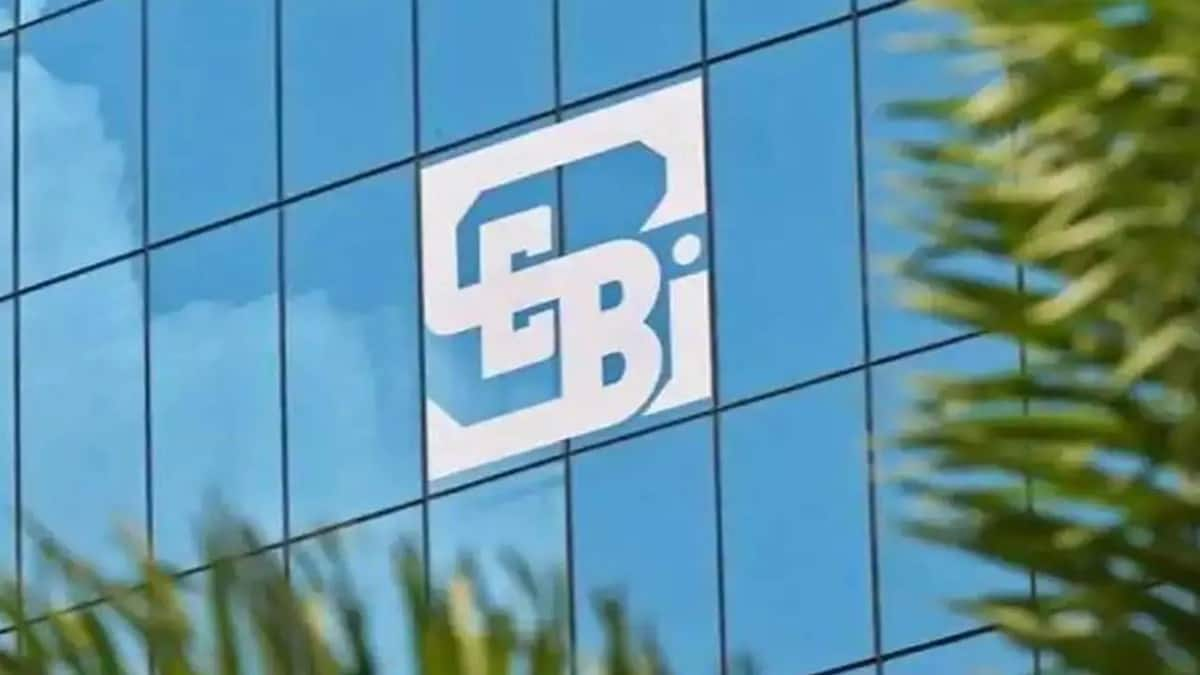Sebi norms to hit MFs’ talent pool
The Securities and Exchange Board of India’s (Sebi) move to bring mutual funds (MF) under the ambit of insider trading regulations may make it difficult for asset managers to attract and retain top talent.
The industry could lose out to alternative investment funds (AIF), portfolio management services (PMS), insurance and banks.
In the past, several industry veterans such as Kenneth Andrade and Sunil Singhania moved to the AIF industry. The likes of Samir Arora have set up their own PMS firms.
Also Read: Sebi tightens IPO disclosure norms
“When we go for pre-placement to any of the IIMs and I tell them that all your WhatsApp calls and conversations will be recorded, what will their reaction be? Why will they come to us,” asked a second fund official.
The Sebi board gave its nod for including trading in units of mutual funds through a separate chapter in Sebi (Prohibition of Insider Trading) Regulations 2015 on Friday. This will spell out reporting and monitoring requirements and lay out a separate code of conduct for designated persons.
“Asset management is a growing industry and exciting career option for many people. On the investment side, in particular, it offers a steep learning curve and good pay. So, it’s not that people will not come to the industry but the attractiveness will certainly go down,” said a third fund official.
The insider trading norms along with the diktat on skin in the game, which mandates that 20% of the take-home salary needs to be invested in schemes of one’s own fund house, could be a dampener. India is the only market in the world that mandates fund managers and other fund officials to invest in their own fund’s schemes, which has to be locked in for a period of three years.
In 2020, Sebi had asked fund executives involved in the funds investments to conduct all communication through recorded modes and channels. The intent was to curb illegal trades but had led to privacy concerns.
“Now, with the insider trading regulations coming into the picture, it will be tricky to invest in your own funds as the redemptions will be subject to clearance basis the new norms,” said the third official quoted above.
“The regulator can always come back and question my decision to redeem. Eventually the tribunal or a higher court may acquit me but I will be on public trial till then. The new norms will saddle honest people with unnecessary compliance burden instead of creating a situation where the crooks are worried,” said the first official, adding that the regulator should be granted powers such as wire-tapping to zero-in on the real culprits.
Some experts, however, believe that the new insider trading norms will not be an obstacle in attracting talent. “Fund managers move from mutual funds to PMS and AIF for better pay and profit-sharing deals. That has been happening for many years now and will continue to happen,” said Vicky Mehta, an independent analyst tracking MFs.
That said, he believes there is an army of analysts in the country who aspire to be fund managers. This talent pool will continue to be available to MFs despite regulations pertaining to insider trading and skin in the game. “At best, the mid-sized or small fund houses may find it a little more difficult in paying top talent,” said Mehta.
Dhaval Kapadia, director & portfolio specialist, Morningstar Investment Advisers India, concurs. “With the financialisation of savings gaining ground, the MF industry is expected to clock a good growth rate. AIF and PMS offer greater flexibility in terms of portfolio construction and products but are coming under greater regulatory scrutiny. And there is nothing to say that AIF will not be brought under the ambit of insider trading regulations going forward,” he said.Average assets under management for the industry as of August 31, 2022 stood at `39.53 trillion, up 54% in the last three years.
